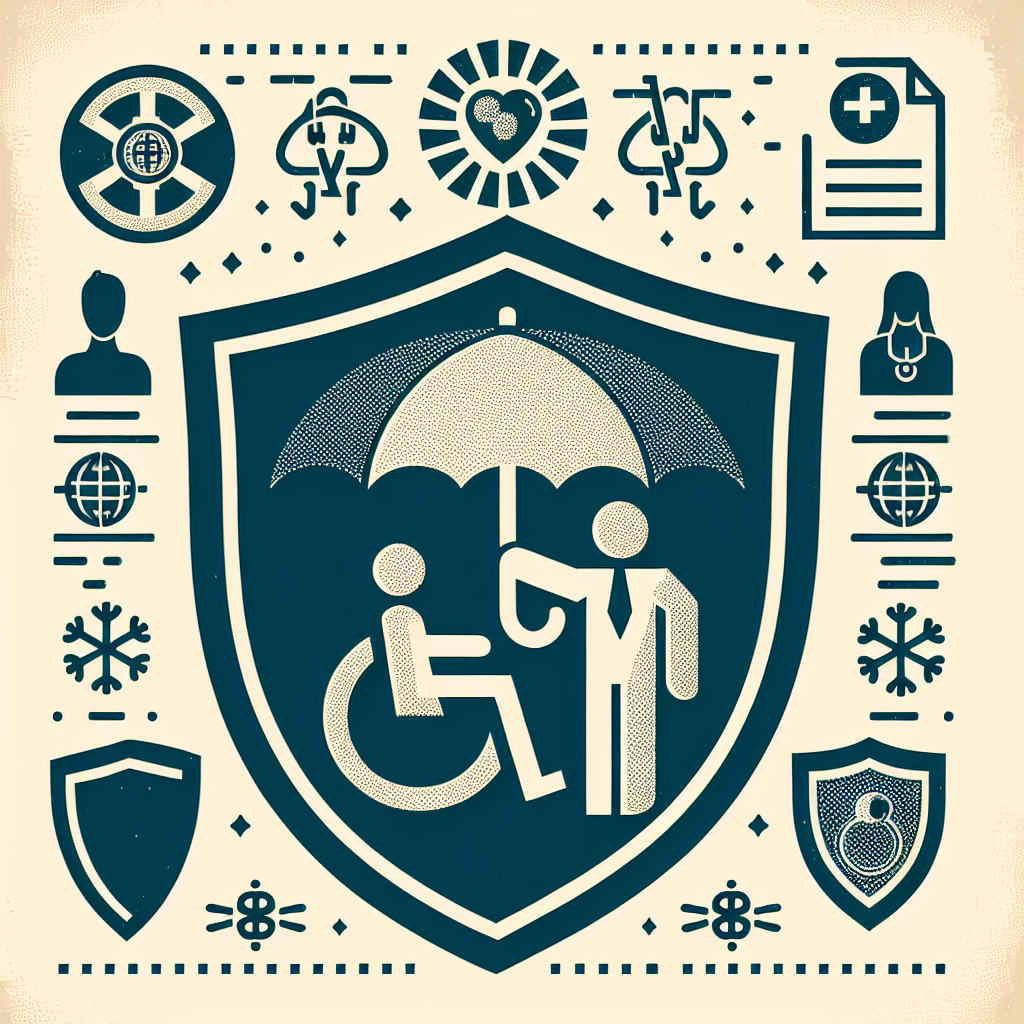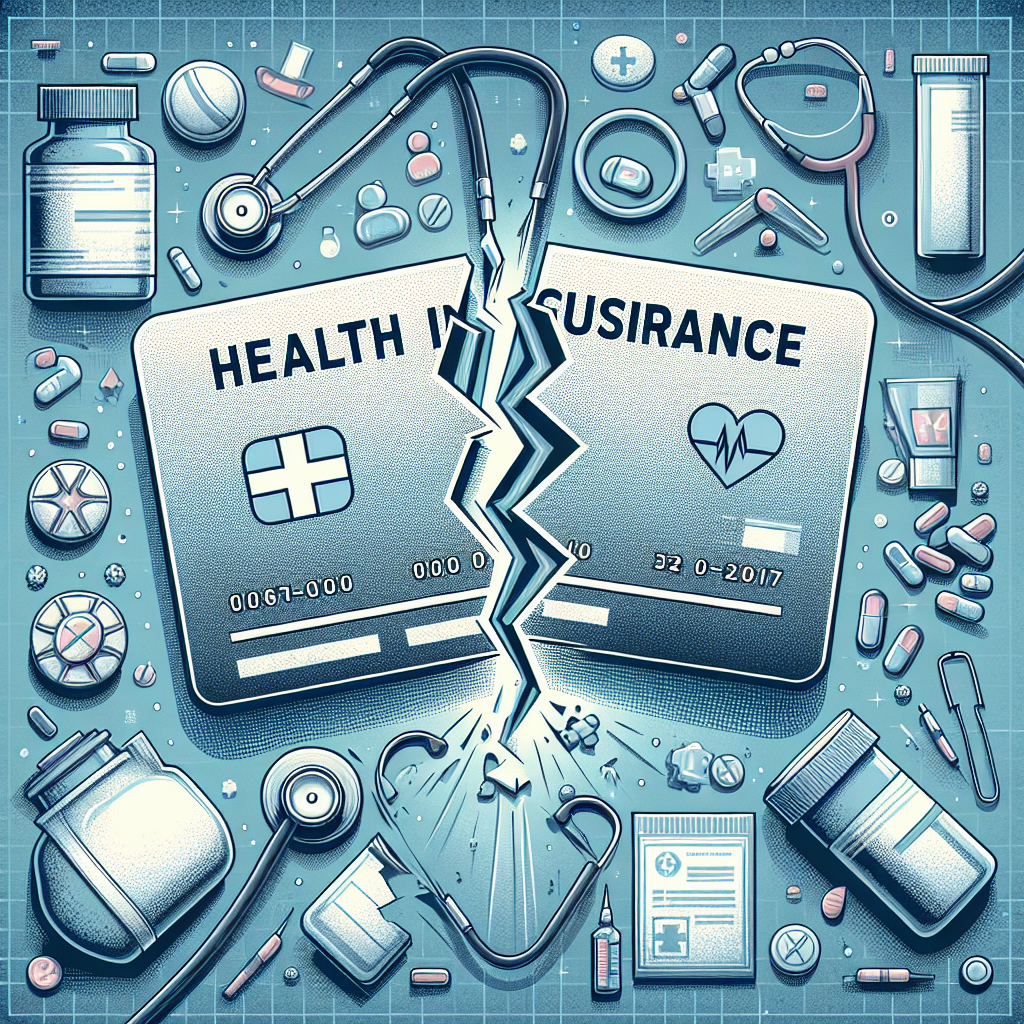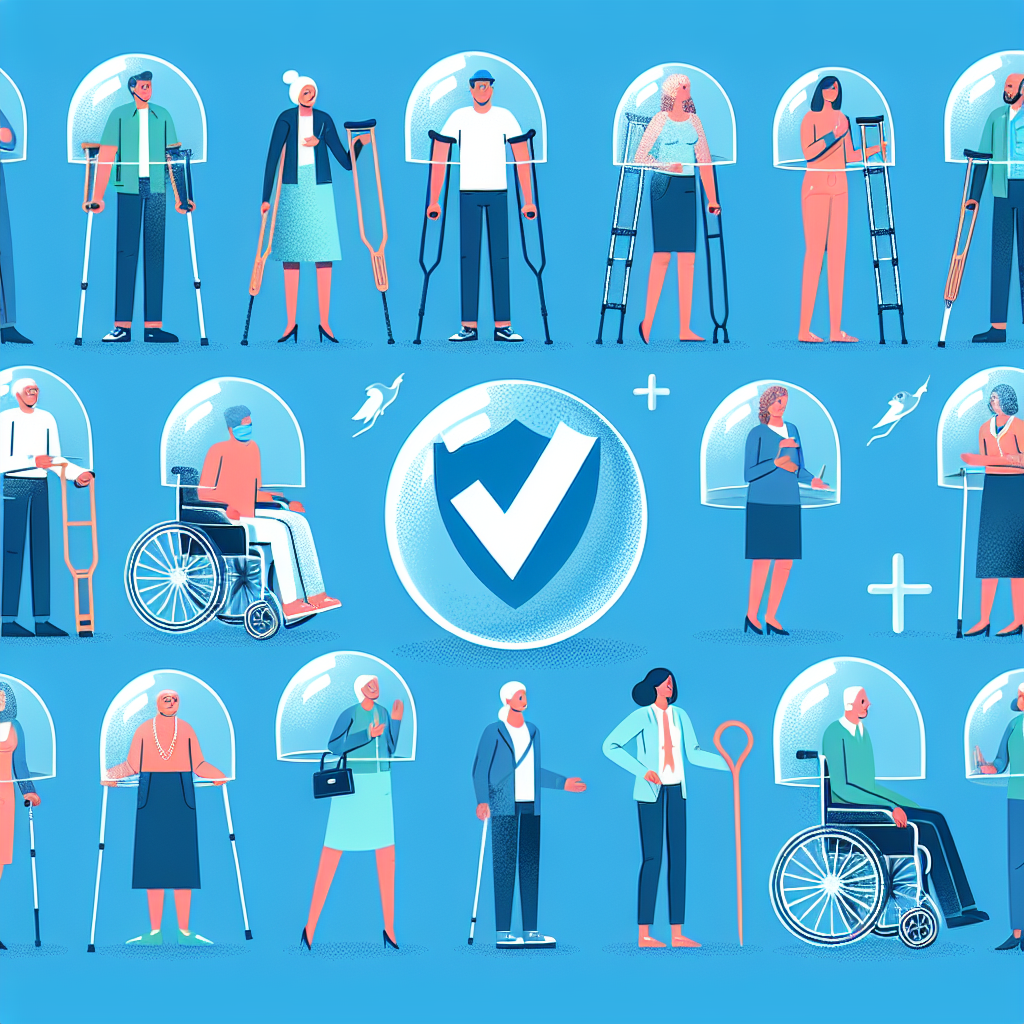Filed under Disability Insurance on
Does Employer Cover Health Insurance on Disability?

When an employee faces a disability, it can be a challenging and stressful time. One of the critical concerns during this period is health insurance coverage. Many wonder, "Does employer cover health insurance on disability?" Understanding the intricacies of health insurance during disability can help mitigate some of these worries. This article explores the circumstances under which health insurance coverage might continue while an employee is on disability, offering valuable insights and guidance.
Understanding Disability and Health Insurance
Disability, whether short-term or long-term, can occur unexpectedly. It is crucial to comprehend how an individual's employment status affects their health insurance. Typically, employer-sponsored health insurance is tied to active employment status. When an employee becomes disabled and can't work, a common concern is whether this insurance coverage will continue.
Short-Term vs. Long-Term Disability
Short-term disability (STD) insurance usually covers a portion of the employee's income for a limited period, typically from 3 to 6 months. During this time, many employers might maintain health insurance benefits as part of the wage replacement package. However, policies differ, so employees should verify company-specific terms.
Long-term disability (LTD) insurance is designed for more extended periods of disability, often picking up where short-term benefits leave off. Health insurance coverage on LTD varies widely. Some employers continue health benefits as a gesture of goodwill or per company policy, while others do not.
Policies and Laws Affecting Health Insurance During Disability
A pivotal factor in understanding whether employers cover health insurance during disability involves familiarizing oneself with relevant policies and laws. These regulations can influence the continuity of benefits and require careful exploration.
The Family and Medical Leave Act (FMLA)
The Family and Medical Leave Act (FMLA) provides eligible employees with up to 12 weeks of unpaid leave for specific medical situations, including their own serious health conditions. Under the FMLA, employers must maintain group health insurance coverage under the same conditions as if the employee continued working. This ensures temporary protection of health benefits during short-term disability or serious health issues qualifying under FMLA.
Consolidated Omnibus Budget Reconciliation Act (COBRA)
The Consolidated Omnibus Budget Reconciliation Act (COBRA) allows employees to continue their health insurance coverage after leaving their jobs or reducing their work hours. In cases where an employee's disability leads to job termination or reduced hours, COBRA may offer an option to maintain health insurance. However, the cost often shifts entirely to the individual, making it an expensive choice.
Employer Policies and Health Insurance Coverage
Employers differ in their approach to health insurance coverage during disability. While some maintain the full scope of benefits, others may reduce or eliminate coverage. Specific factors that can impact whether employers cover health insurance during disability include company size, policy, and culture.
Large Companies vs. Small Businesses
Large companies, especially those with robust human resources departments, often have standard policies regarding disability and health insurance coverage. These policies can include maintaining health coverage for a specified period, especially if the disability is short-term.
In contrast, small businesses may not have the resources or policies to extend the same benefits during disability. It might depend heavily on the employer's discretion and the financial capacity of the business.
Corporate Culture and Benefit Philosophy
Company culture and its commitment to employee welfare can play crucial roles in health insurance decisions during disability. Organizations that prioritize employee well-being often show more flexibility in maintaining health insurance coverage when an employee faces a disability.
Strategizing for Health Insurance Coverage on Disability
Given the uncertain nature of health insurance during disability, employees should proactively strategize to ensure continuous coverage. Knowing what steps to take can provide peace of mind and secure necessary medical care during challenging times.
Reviewing Employer's Benefit Handbook
The first step involves thoroughly reviewing the employer's benefit handbook and the specific terms related to disability and health insurance. This document typically outlines the company's policy on health insurance continuation during disability periods. Understanding these details can prevent unpleasant surprises.
Communicating with Human Resources
Proactively engaging with the human resources department is essential when seeking clarity about coverage. By communicating early, employees can understand their options and any administrative steps they need to take if they become disabled and are concerned about health insurance continuation.
Expert Advice and Conclusion
It can be daunting to navigate the complexities of health insurance during a disability without guidance. Seeking expert advice from a benefits consultant or legal advisor can clarify questions and help establish a plan that aligns with individual and family needs.
Does employer cover health insurance on disability? Often, the answer varies based on numerous factors, including company policy, legal regulations, and individual circumstances. Being informed about possible scenarios and taking proactive steps can ensure continuous and adequate health insurance coverage during periods of disability.
Maintaining open communication with both your employer and external advisors will allow you to manage your health insurance needs effectively, ensuring that health concerns remain a priority even during disruption to employment due to disability. Ultimately, staying informed and prepared eases the transition period and safeguards one’s health and financial stability during unexpected life events.





